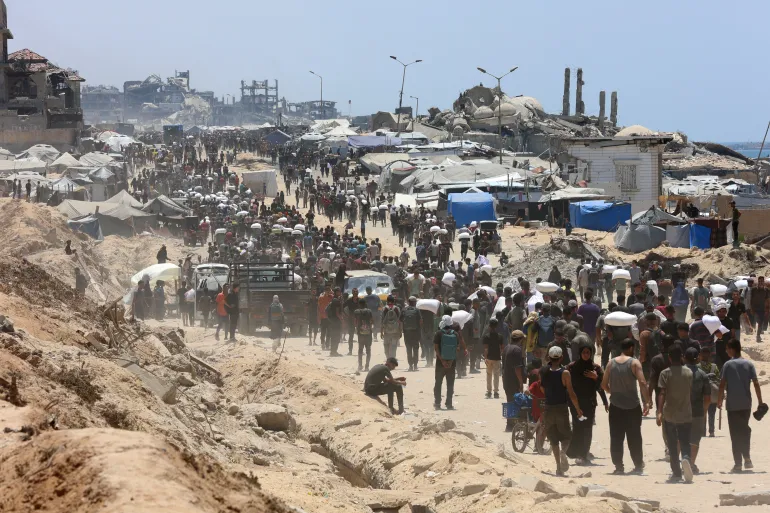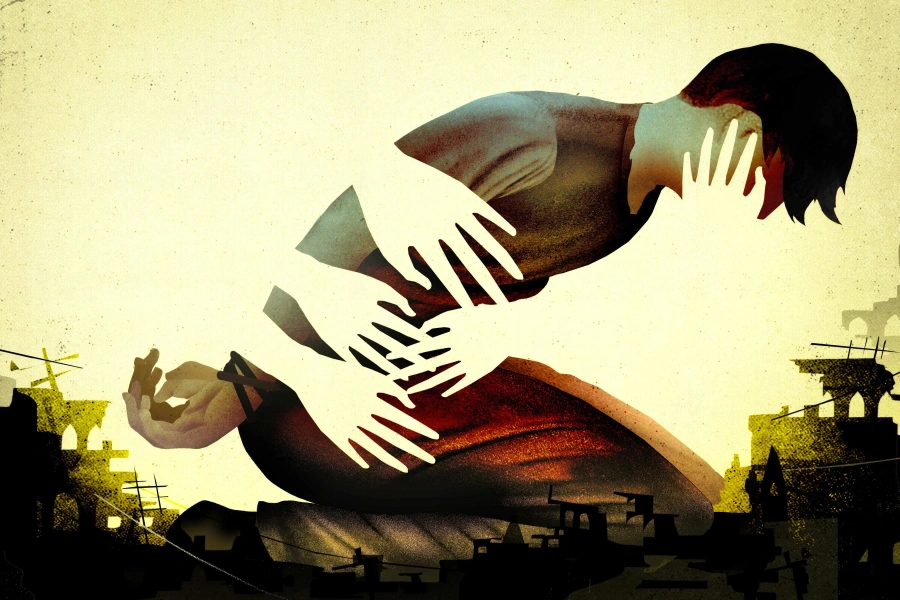KATHMANDU, Nov 19: Ten years after the Comprehensive Peace Accord (CPA) ended Nepal’s bloody civil war, Nepali authorities must renew their commitment to ensure truth, justice and reparation for victims of the conflict who are still waiting for redress, the International Commission of Jurists (ICJ) said on Saturday.
The CPA, signed by the government and the country’s major political parties, including the then Communist Party of Nepal (Maoist) on 21 November 2006, called for a credible transitional justice process that would ensure victims’ rights to truth, justice, reparation and effective remedy in accordance with Nepal’s international human rights obligations.
“The hope and promise to conflict victims towards fulfillment of their rights to truth, justice and reparation that came with the signing of the CPA and the end of the conflict ten years ago have yet to be realized,” said Sam Zarifi, ICJ Asia director.
“Over the last ten years, various governments from all the different parties have blocked or hindered the transitional justice process, ignoring rulings by the Supreme Court that demanded compliance with international law and standards.”
Brazil to join South Africa’s ICJ ‘genocide’ case against Israe...

The Truth and Reconciliation Commission (TRC) and the Commission on Investigation of Disappeared Commission (CoID), established on 11 February 2015 have thus far failed to carry out their respective mandates in a credible manner through a transparent, victim-centric consultative process.
After commencing their operations more than 21 months into their two- year mandate, the TRC and COID are yet to begin investigations of specific cases, even as only three months remain on their mandate, the ICJ noted.
The TRC Act is a deeply flawed enabling statute as the Nepal Supreme Court itself in its February 2015 ruling struck down key provisions as unconstitutional and in contravention of Nepal’s international human rights obligations.
While the government of Nepal has very recently started closed-door discussions on amendments of the TRC Act, the process remains lacking in transparency and adequate consultation with victims or civil society.
“The opacity with which the Nepal authorities seem to be proceeding with amendments to the TRC raise serious concerns as to whether these amendments will be more or less in compliance with the Supreme Court and international law,” said Zarifi.
The Government of Nepal has similarly recently undertaken drafting of a special court bill to establish a special judicial mechanism to try for conflict-era crimes through prosecution of alleged perpetrators.
The concerns remain whether the proposed court would be stet up to ensure accountability and end impunity in Nepal. At the same time, however, the process remains opaque and lacks consultation with stakeholders.
“The Nepal government has an opportunity on the occasion of the 10 year anniversary of the CPA to alleviate victims’ severe distrust of the process by reaffirming its stated commitment to victims’ rights through a credible, transparent and victim-centred transitional justice process,” Zarifi added.
The ICJ takes note that the Government of Nepal is drafting an amendment bill to the TRC Act, hence, calls on the Government of Nepal to fully implement its obligations under international human right law. RSS



































